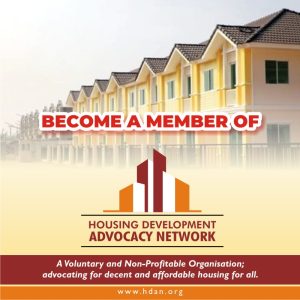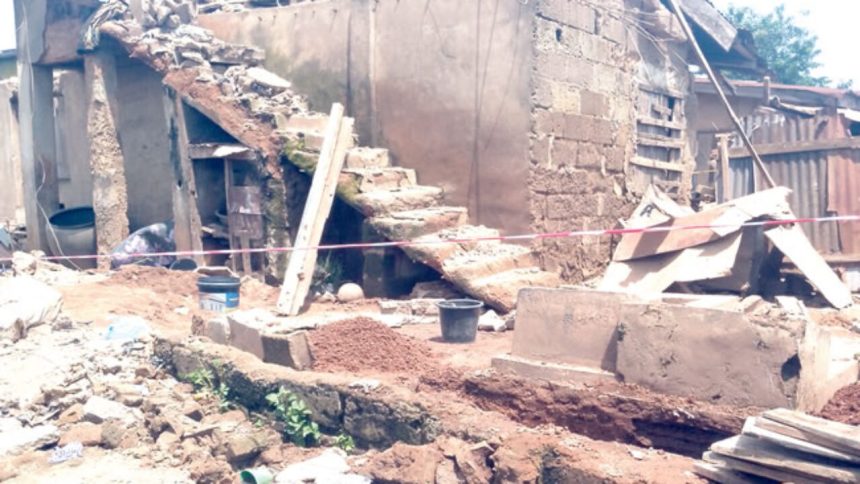As Nigeria continues to grapple with recurring building collapses, experts highlight that legislative gaps, substandard materials, and inadequate enforcement of building codes are exacerbating the crisis.
Despite the vibrancy of Nigeria’s real estate sector, recent tragedies point to significant challenges within regulatory frameworks, as illustrated by the latest collapse on October 31 in Ibadan, which claimed 10 lives.
According to the Building Collapse Prevention Guild (BCPG), Nigeria has witnessed over 135 building collapses in two years, with numerous fatalities.

Analysts argue that while building regulations exist, such as the National Building Code and various Lagos State laws, enforcement remains weak. The Council for the Regulation of Engineering in Nigeria (COREN) identified its own Act’s limitations, noting that it lacks prosecutorial powers over building owners responsible for collapses.
COREN spokesperson, Engr. Dominic Akuboh, expressed frustration, stating, “Even when investigations reveal culpable building owners, COREN’s enabling Act does not permit us to prosecute, although there are efforts to address this through collaborations with the Independent Corrupt Practices Commission.”
In Lagos State, a variety of laws cover construction, including the Urban and Regional Planning Law and the Building Control and Stage Certification Process Law.
However, property consultants argue that enforcement gaps undermine these measures. Lillian Odunawo, a property consultant, noted, “The issue isn’t a lack of laws but ineffective enforcement, exacerbated by corruption and negligence in monitoring agencies.”

The Nigerian Society of Structural Engineers echoes this sentiment, attributing frequent collapses to non-professional practices, substandard materials, and a lack of strict oversight.
The organization advocates that violators face legal consequences, with licenses revoked for implicated professionals and properties forfeited to the government.
Professional bodies such as the Council of Registered Builders of Nigeria urge stricter government intervention to enforce compliance and penalize violators.
Samson Opaluwah, chairman of the council, emphasized that “Government agencies must enforce existing laws vigorously.
Repeated collapses underscore the need for accountability, particularly in urban centers where construction standards should be highest.”
Additionally, experts are calling for a complete overhaul of Nigeria’s building regulations to mandate regular monitoring of structures like bridges and high-rise buildings, particularly in high-risk states such as Lagos.
The Nigerian Institution of Surveyors advocates for a national bill to ensure rigorous oversight at every construction stage to prevent collapses.
Under existing laws, developers are required to secure insurance coverage, which includes protection for third parties.
However, insurance firms are often not involved in construction monitoring, limiting their ability to enforce safety standards. Stakeholders contend that stricter insurance regulations could improve adherence to building codes by holding developers financially accountable.
Despite the legislative gaps, experts agree that existing regulations provide a foundation for safe construction, but compliance and enforcement are lacking. “With adequate adherence to the law, Nigeria’s real estate sector could be a model for sustainable and safe building practices,” said Dotun Bamigbola, former chairman of the Nigerian Institute of Estate Valuers and Surveyors.
Without immediate action to address legislative inadequacies and strengthen enforcement, experts warn that building collapses will continue, jeopardizing lives and investments across Nigeria.



